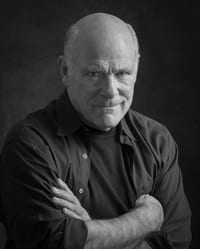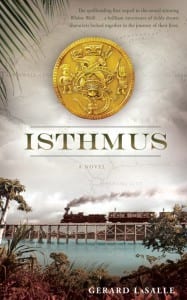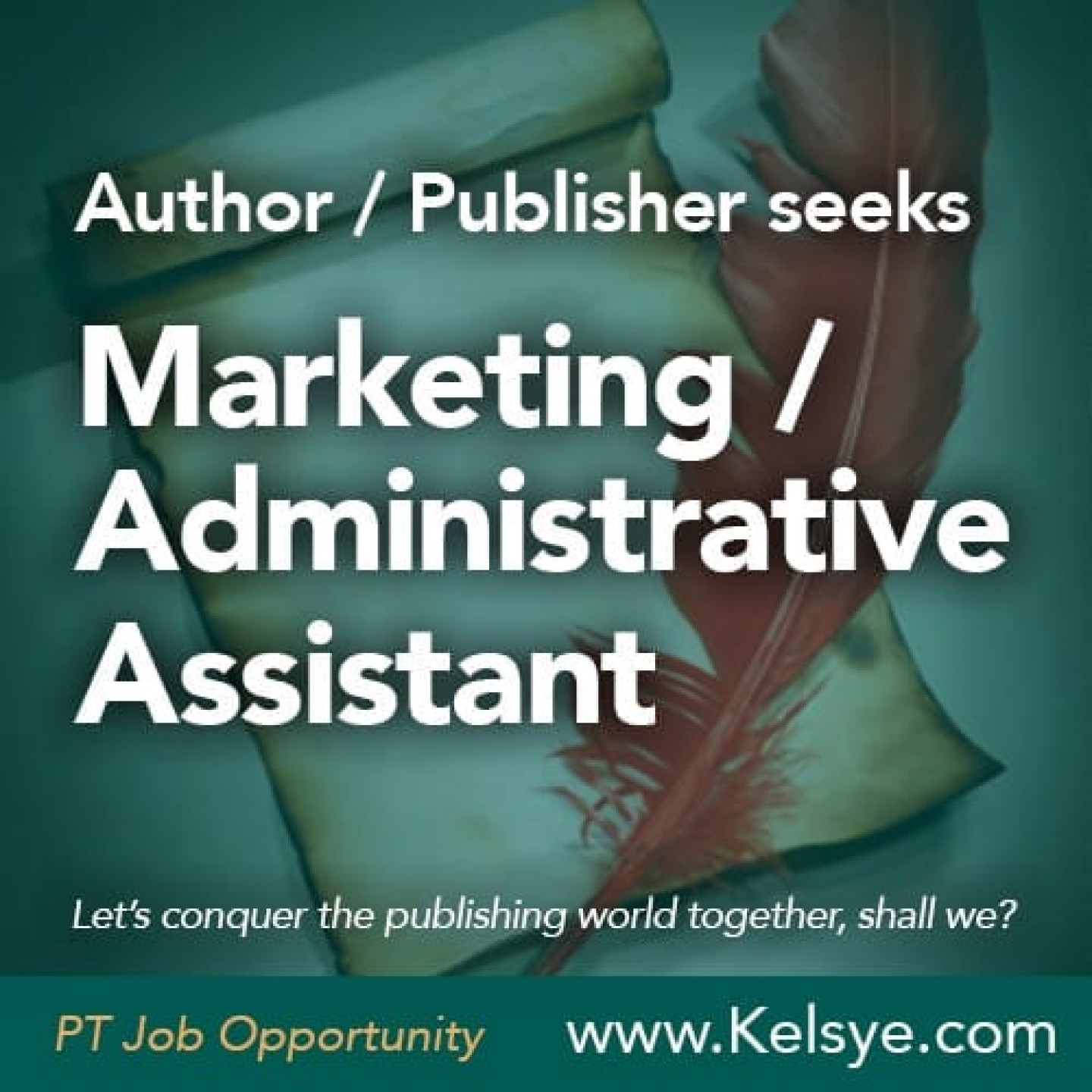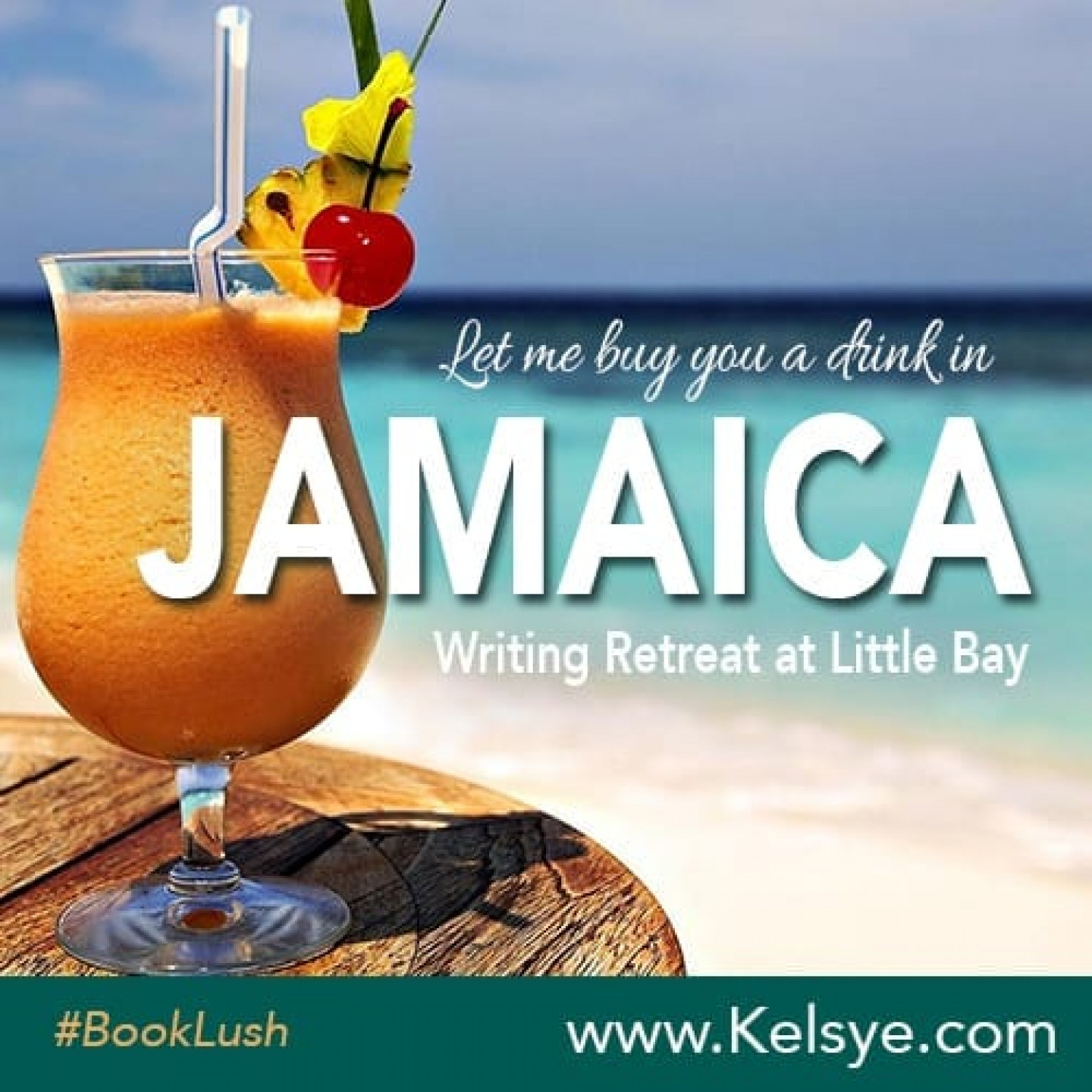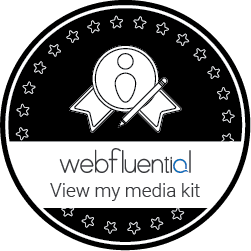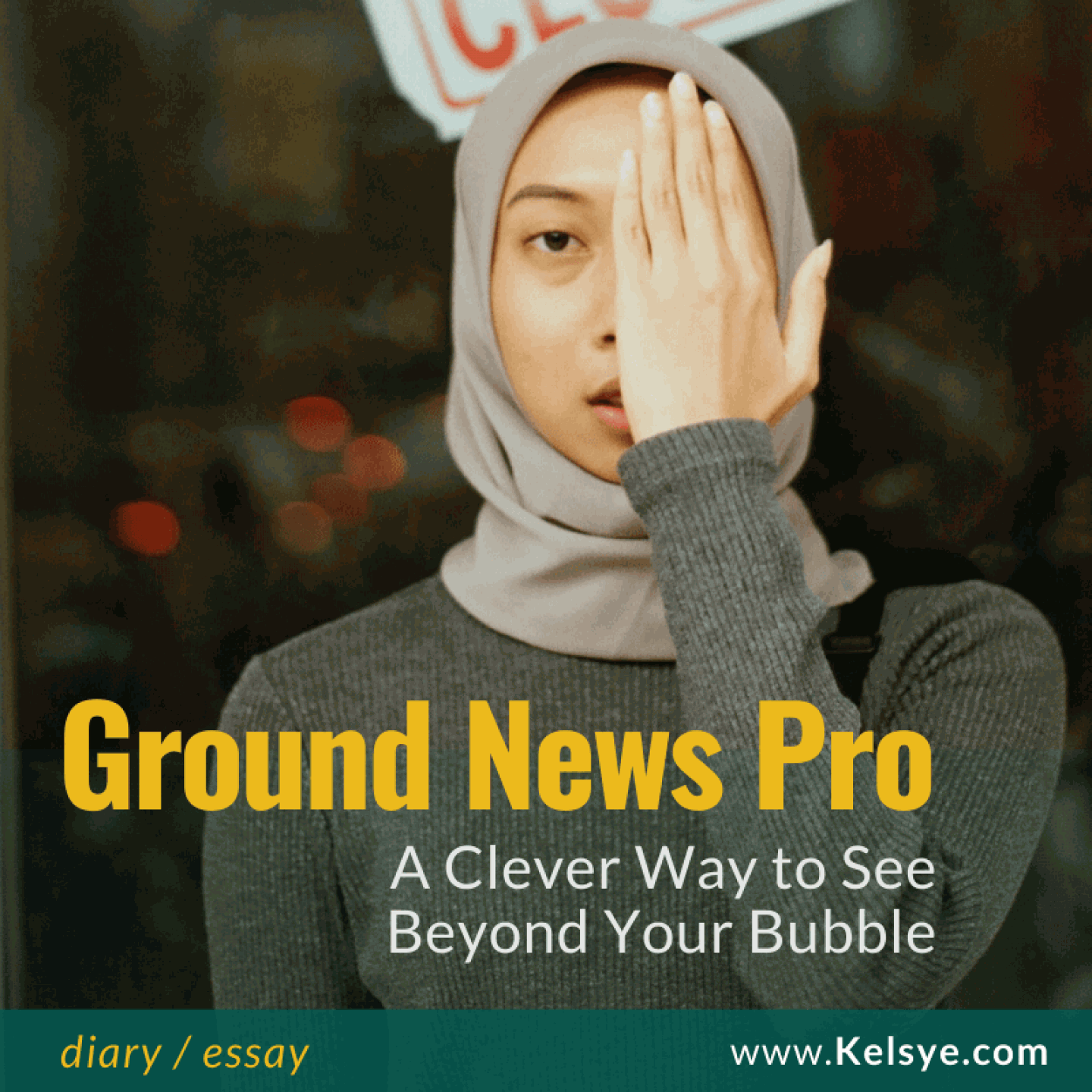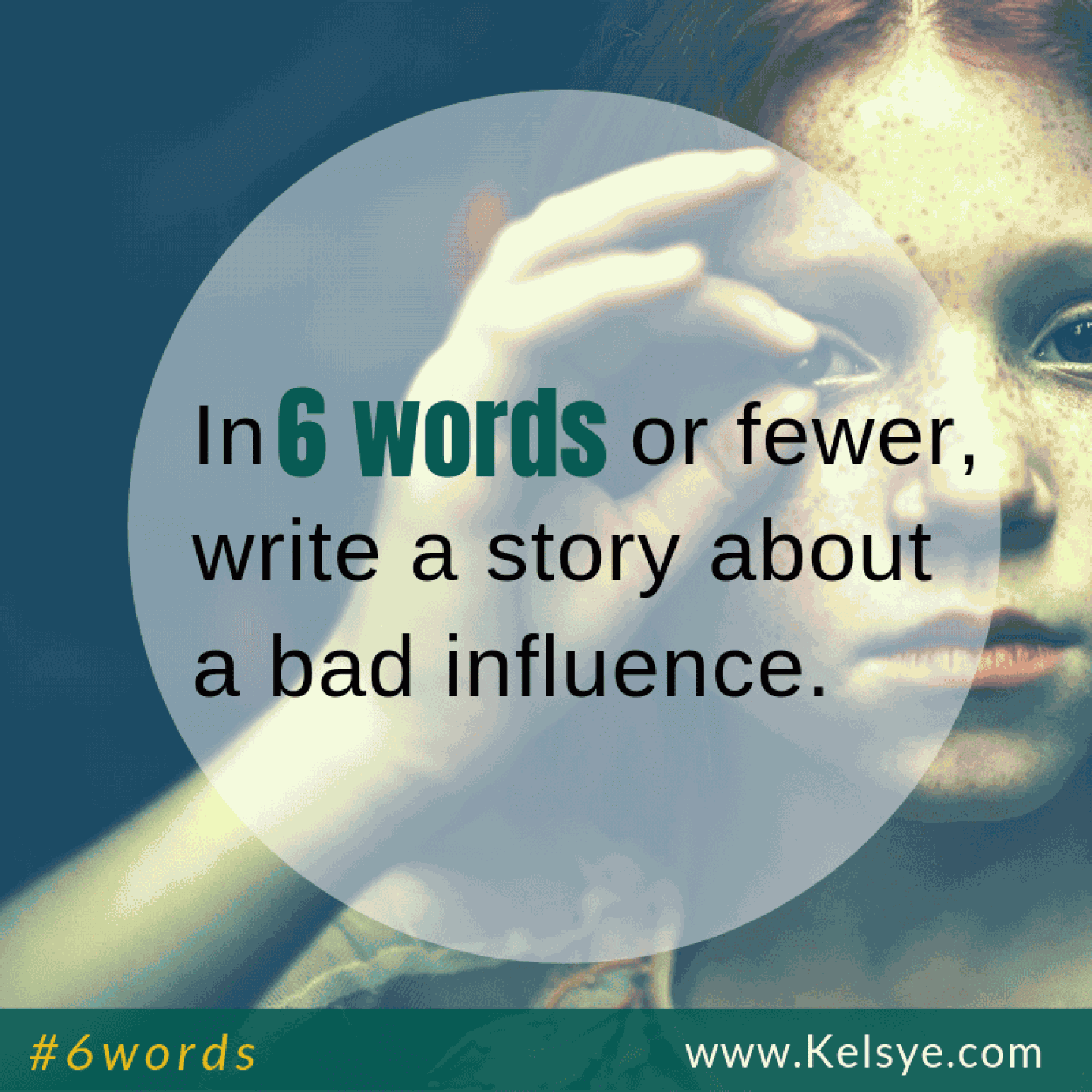
Don’t exceed a 3:1 ratio of "gives" versus promotion.
What does this mean? This means for every single time I talk about myself, or my books, or classes, I talk about something completely unrelated to me at least three times.
Give. Give. Give. Take.
This 3:1 ratio is a bit high on the promotion side. I only talk about myself this much when I have something I am pushing hard. When I don’t have anything new, that ratio drops down to more like 10:1, or even 20:1.
Guy Kawasaki, who was my mentor and advisor during my Writer.ly years, told me his ratio might even be much higher on the “give” side. He manages aggregate news sites and tweets a huge volume of content. For mere mortals, the 10:1 or 3:1 goal is more achievable.
How does this play out? Let’s say I am promoting a new free class. Even though the class is technically a “give” as a free resource, it’s a “take” as I’m talking about myself and asking people to give me their emails when they sign up.
I know that to meet my signup goals, I need to tweet about the class about three times a day. I will use Hootsuite to schedule my tweets for prime times (early in the morning, one in the afternoon, one late in the evening). I make sure to change the tweets so that they don’t all say the same thing.
Once my promo tweets are scheduled, I fill up the space between with at least 3 high-interest “gives”.
What counts as a give? A give can be an article, a quote, a writing prompt, a recommendation, a joke, or links to other people’s events or books. As long as the gives are appropriate and interesting to my audience, no one seems to mind the tweets about my class. Most of my followers will miss them all, even though I spread them throughout the day.
The take is just as important as the give if you are on Twitter for business or audience purposes. If all you post are “gives”, then your efforts will not feed your email list or sales. If you have nothing in particular you are promoting, you can at least schedule out occasional tweets for people to come back and look at your most popular blog posts, or to sign up for your wonderful email newsletter.
It’s more of an art than a science. I break my own rules occasionally and do not always follow my own advice. Luckily, Twitter has a short term memory. It’s easy for my followers forgive my occasional over-excitement for my own projects thanks to the all the other wonderful content I curate for their benefit and enjoyment.
Do you need help using Twitter more effectively?
Sign up for my 3-Day course "How to Get More Followers on Twitter." It's free and delivered via email, so you can complete it on your own schedule.
This is day three of my week of social savvy posts. Check back tomorrow to learn more about how to use Twitter to achieve your promotion goals.
 Promoting your books does not need to be a painful exercise in narcissistic flailing and squandered efforts. Approached with the correct mindset, it might not only be very effective, but also fun! If you would like to know how to use Twitter without embarrassing yourself or wasting time, here is what you must keep top of mind. It's the biggie...
Promoting your books does not need to be a painful exercise in narcissistic flailing and squandered efforts. Approached with the correct mindset, it might not only be very effective, but also fun! If you would like to know how to use Twitter without embarrassing yourself or wasting time, here is what you must keep top of mind. It's the biggie...
 So little time, so much to do, right? As an author, not only do you have to actually write your books, but you also need to promote your works to readers. This can be an incredible amount of work. While social media provides direct access to millions of potential readers, most authors fail to use platforms in way that effectively promotes their books. It's easy to waste a lot of time messing around on social media without getting results. So, why should authors be on Twitter?
So little time, so much to do, right? As an author, not only do you have to actually write your books, but you also need to promote your works to readers. This can be an incredible amount of work. While social media provides direct access to millions of potential readers, most authors fail to use platforms in way that effectively promotes their books. It's easy to waste a lot of time messing around on social media without getting results. So, why should authors be on Twitter? Authors on social media often struggle in the beginning.
Authors on social media often struggle in the beginning. Guest post by
Guest post by 

